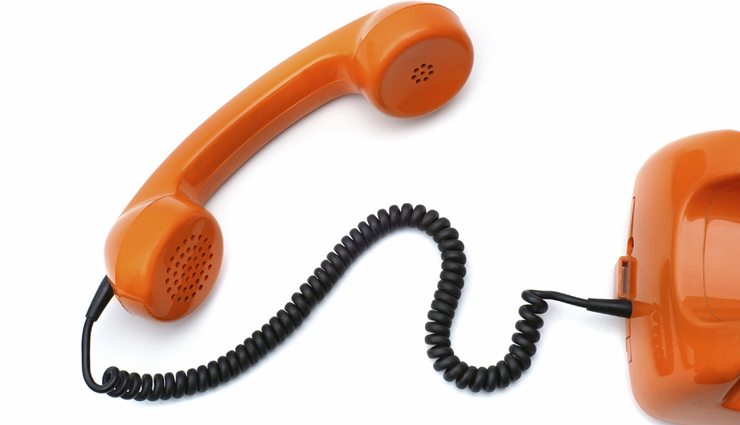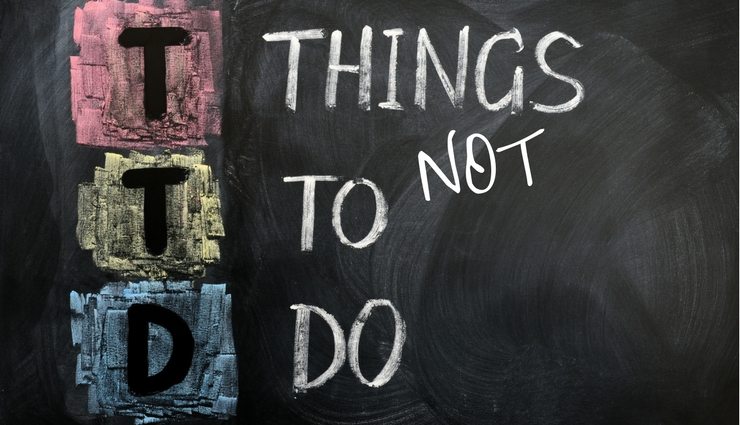Mind Your Manners: Perfecting the Interview Meal

As the official independent school recruitment season approaches, I can’t help but think of all the interviews that will inevitably occur over the next ten months. Every year, job-seekers read articles and books offering tips for interviewing: be prepared, polite, and professional, have a firm hand shake, learn how to translate your weaknesses into your strengths. These tips often address the basic, in-office scenario. But how does a candidate handle an interview that takes place over a meal?
There are, of course, some dos and don’ts when food is involved. So what do you do? It all depends on the meal. The most common interview occurs over lunch, but you may encounter the occasional breakfast or dinner meeting. Let’s start in order.
Breakfast
Breakfast, with its simple continental options, is probably the easiest meal to handle in an interview. It’s hard to make a mistake with a bowl of oatmeal, a bagel, and a cup of coffee. When interviewing, is there an ideal breakfast? Simplicity is key. Avoid the Hungry Man platter and opt for a cup of fruit and a beverage of your choice. It’s a healthy option you can eat with a fork, and it’s easy to avoid spilling. That egg sandwich might look appetizing, but avoid using your hands and making a potential mess (or giving a greasy or eggy handshake). You can only make a first impression once!
Lunch
Lunchtime holds so many options that it can become overwhelming. Should you go for the simple green salad and Diet Coke? The basic turkey sandwich or burger? The falafel plate with a side of rice and salad? You might be inclined to choose a simpler option, but beware of pitfalls. If you choose a salad, for example, lettuce could get stuck in one of your incisors, which would be embarrassing. Eating a sandwich seems simple enough, but how would you feel about fielding a question with an open mouth and both hands wrapped around a bulky roll with bacon, lettuce, tomato, and turkey piled high? Soup might seem easy, but do you really know the proper way to eat it?
Take a more sophisticated route. Order a meal and use a fork and knife. Understand that in a lunch interview, it is important to eat slowly, maintain good eye contact, be polite, and enjoy a meal that is not too messy or complicated. The focus of the interview lunch is the interview, not the food. Arrive early, grab the light and easy lunch option, enjoy the conversation, and thank the interviewer for his or her time and for the delicious meal.
Dinner
From time to time, school contacts like to enjoy a nice dinner with a candidate and get to know the person in a more relaxed atmosphere. But when you’re interviewing for a job, can you ever really relax? I’ve heard some dinner interview horror stories about interviewees who’ve ordered too much food or too many glasses of wine, or who’ve sent the food back to the kitchen. Those are ways to put an end to what could have been a successful interviewing day. When you’re interviewing, always remember that you’re the guest, and that you should follow your host’s lead. Don’t order the bottle of wine (unless, of course, you were a sommelier at French Laundry in a previous life). Start with a salad and select a moderately priced entrée – you won’t bring any unwanted attention, and you can enjoy a great meal and engage in an excellent conversation. Stay away from dishes that are overly saucy, chewy, or hands-on (i.e., avoid items such as ribs, sandwiches, or corn on the cob). The dinner interview can cap off a great day of meetings if you keep your meal easy.
During all meals, be polite and professional and ask thoughtful questions. Keep your elbows off the table, your napkin in your lap, and your food cut into small bites. Thank your host for the meal and the opportunity. Mind your manners, and enjoy it!
Like any interview, a meal is an opportunity to share your excitement, passion, and love for teaching. Your manners, comfort, and confidence will indicate your future success in the classroom. If you’re nervous, just remember to be professional, polite, and positive — and be yourself.








